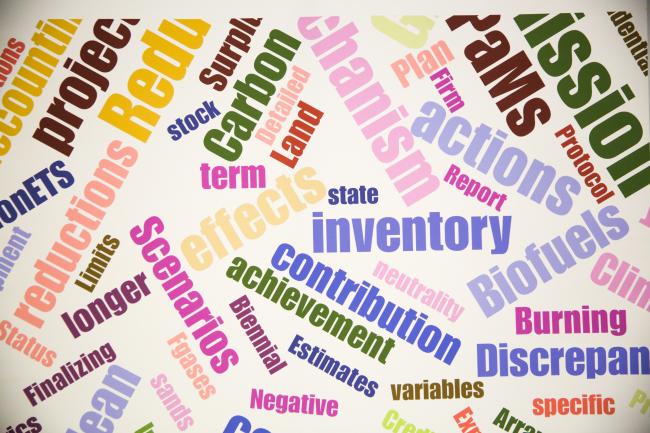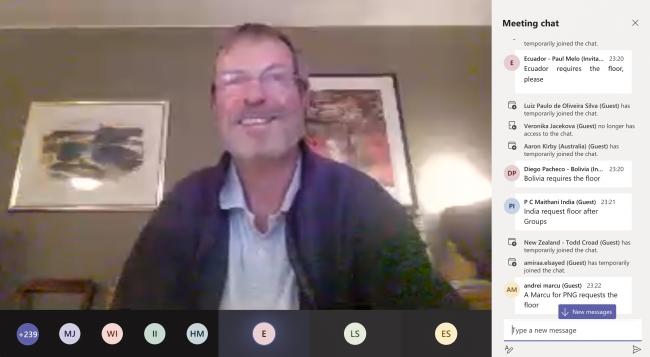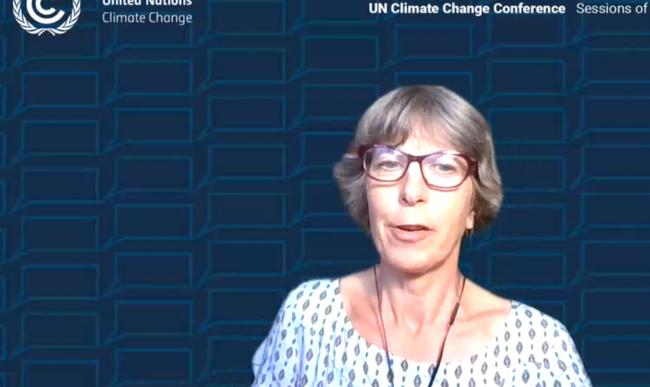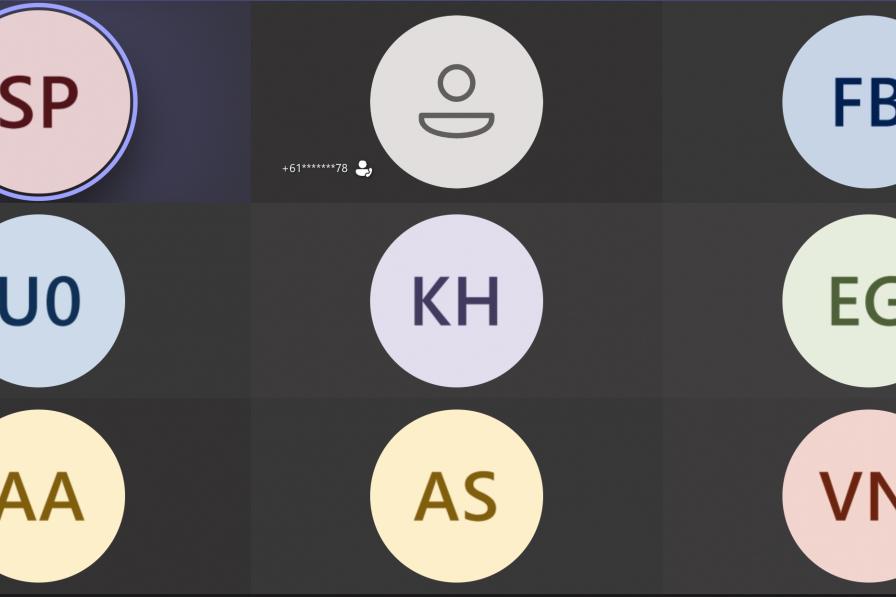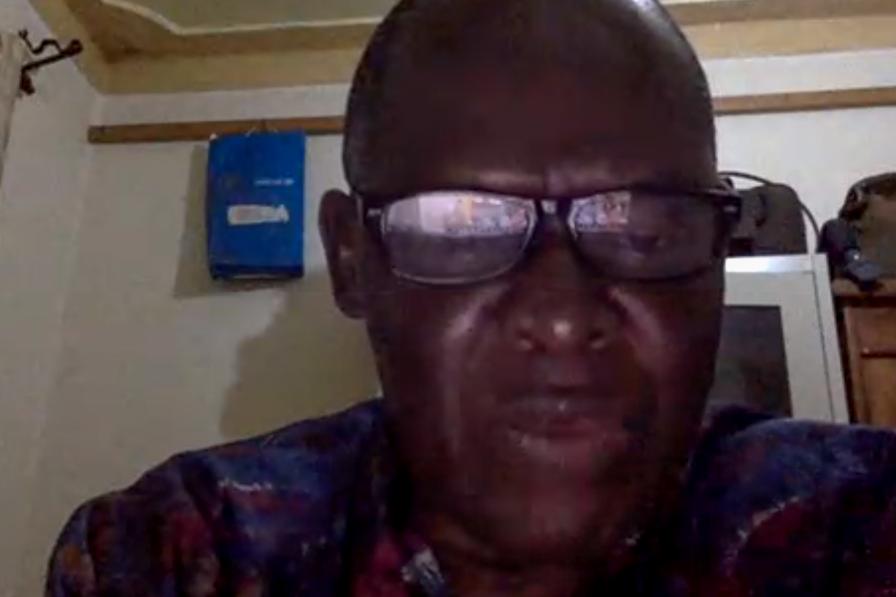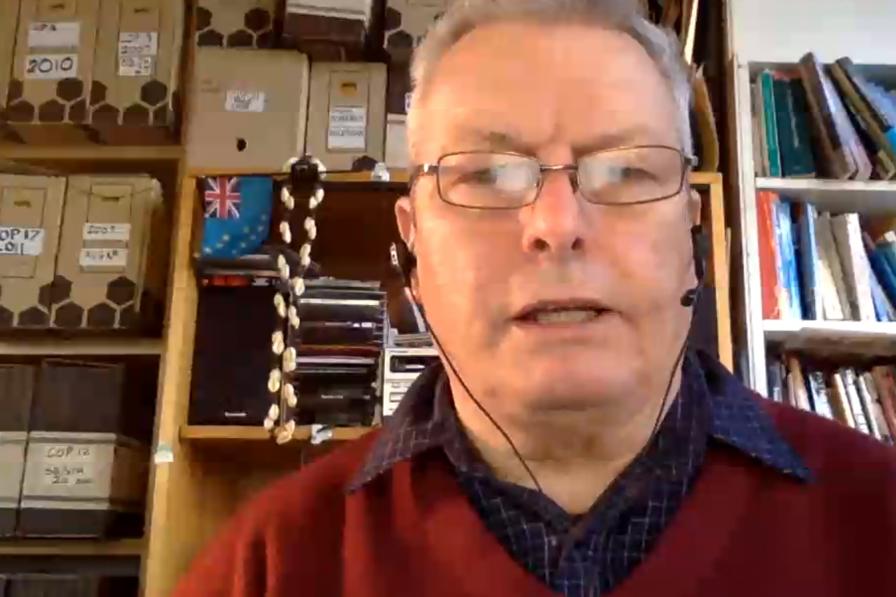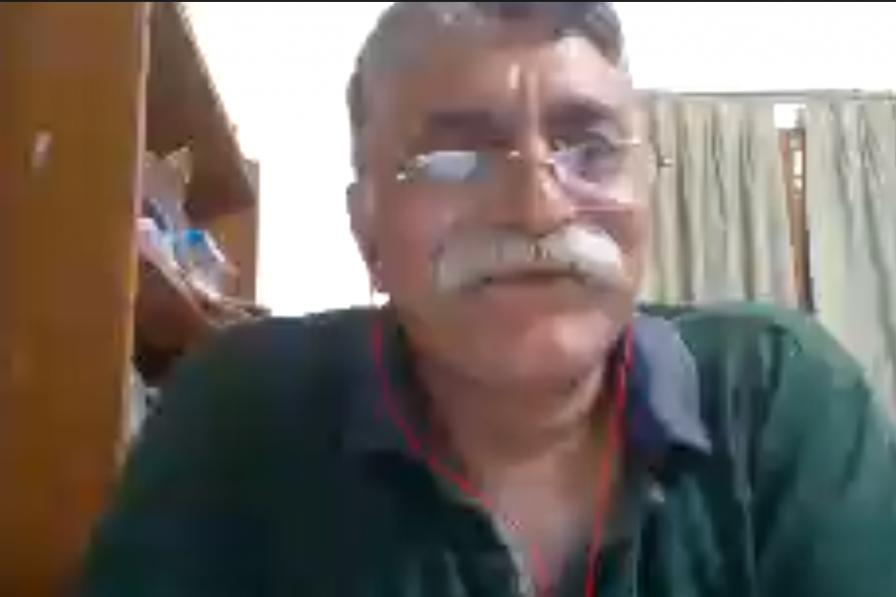The May-June 2021 UN Climate Change Conference continued its second week of virtual discussions to prepare for the 26th meeting of the Conference of the Parties (COP 26) in Glasgow, Scotland, scheduled for November 2021.
Delegates held informal consultations on issues related to transparency, technology, capacity building, and the Paris Agreement’s Article 6.8 (framework for non-market based approaches), among others. Mandated events also took place on capacity building, the Local Communities and Indigenous Peoples Platform, and agriculture.
Implementation of Article 6.8 (framework for non-market based approaches)
Parties debated how to best refine the work programme for non-market based approaches, raising some specific ideas, such as adaptation credits. Views seemed to vary on the overall goal of the work programme, be it for knowledge exchange, matching needs with those able to provide support, coordinating existing bodies, or articulating areas for support by the Green Climate Fund. Much of the discussion related to the process for refining the work programme, either through a task force of 15 members, or through a series of submissions and workshops. Both proposals aimed for a substantive decision at COP 27 in 2022.
Outlines of biennial transparency report, national inventory document and technical expert review report
The Co-Facilitators invited views on an informal note containing a compilation of parties' views and an outline of areas requiring further discussion. Points raised included: revising the language in the informal note for consistency with that in the modalities, procedures, and guidelines (MPGs) agreed in Katowice (Decision 18/CMA.1); removing reference to the structured summary, with parties noting this issue is under discussion under another agenda item; and deleting a reference to matters that were not considered at the last session of the Subsidiary Bodies, such as required support for developing countries to implement the enhanced transparency framework. One developing country party expressed strong concerns about process, opposing negotiating the outline.
Alignment between processes pertaining to the review of the Climate Technology Centre and Network (CTCN) and the periodic assessment
Delegates continued discussing possible options, and their implications, for aligning the independent review of the CTCN and the periodic assessment of the Technology Mechanism. They underscored efficiency gains that would result from aligning the timing of the processes, which requires extending the CTCN’s review cycle from four to five years.
Delegates converged on the need for further clarity on options for substantive alignment. The Secretariat provided an input on the implications of different forms of alignment for decision making by the COP and the Conference of the Parties serving as the meeting of the Parties to the Paris Agreement
Terms of reference of the Consultative Group of Experts
Co-Facilitator Gertraud Wollansky recalled that at COP 25, parties agreed to continue discussions on the review and the revision of the group’s terms of reference after no agreement could be reached on this issue in Madrid. She noted an informal note prepared at the time.
Parties largely restated their diverging views on whether or not to review the Group’s composition. Several developing country groups underscored such a review is beyond the mandate of the discussions, while many developed countries urged addressing past oversights and making the Group more inclusive. Many underscored the need for more time for discussions under this item at COP 26.
Research and systematic observation
Delegates proposed elements to be captured in an informal note. Many supported expressing appreciation for the organization of the mandated events such as Earth Information Day and the Research Dialogue. Other suggestions included: welcoming the ongoing work of the Intergovernmental Panel on Climate Change on its Sixth Assessment Report; supporting the activities of the Global Climate Observing System; and noting with concern the state of the global climate system as discussed at the most recent Earth Information Day held during the 2020 Climate Dialogues. Several supported more participation of Indigenous Peoples in climate research. The Co-Facilitators indicated they would compile these views in a draft informal summary text prior to the next session of informal consultations on this item.
To receive continuing coverage of this event delivered to your inbox, subscribe to the ENB Update newsletter.
